How much does a basement conversion cost? I asked the pros what you can expect to pay, and what factors will send the price soaring
The price can vary dramatically

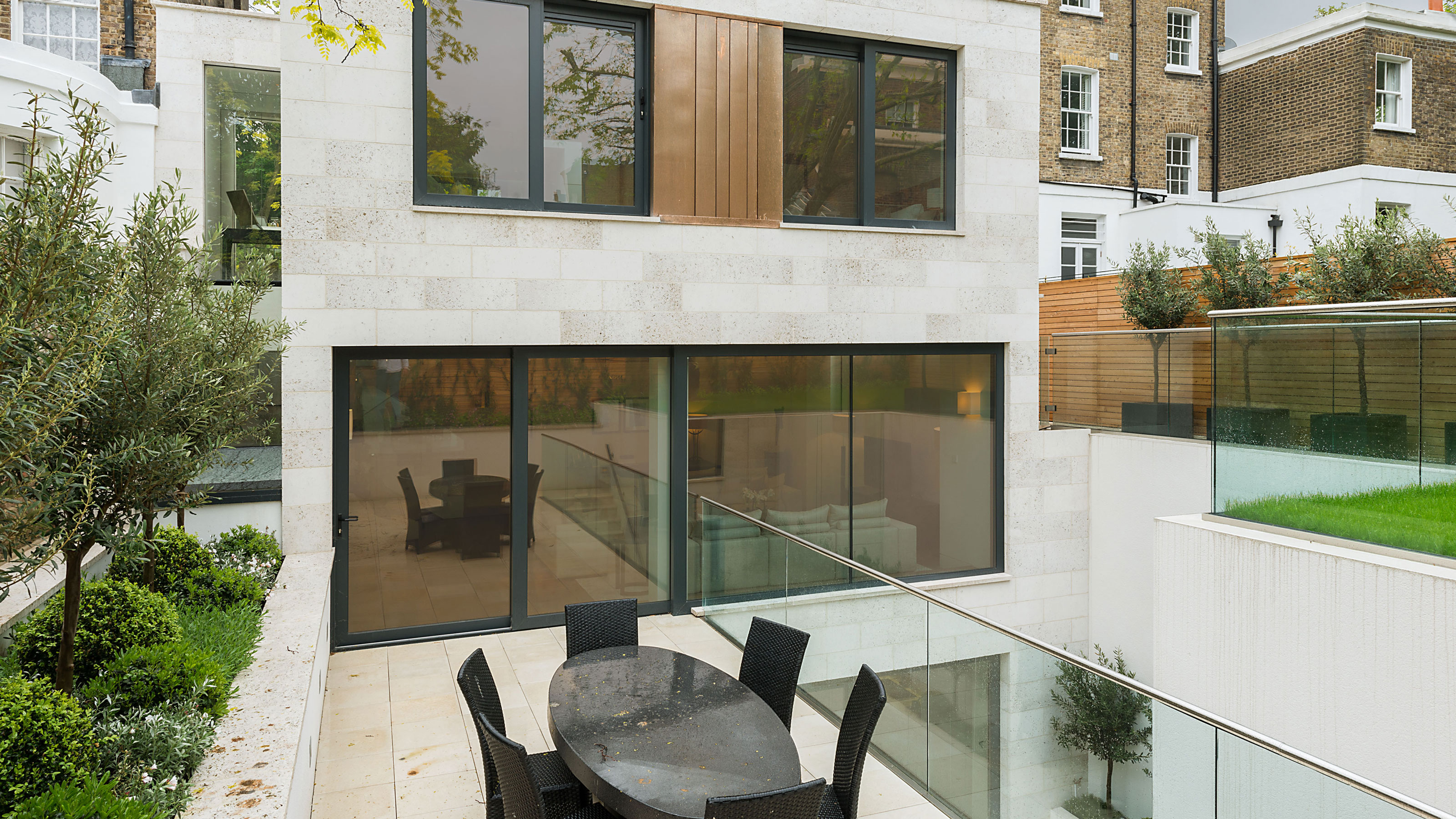
EDITOR’S NOTE: An earlier version of this article included a quote from a purported expert whose credentials we have not been able to verify. The quote has been removed. We regret this lapse in our verification process and have updated our internal protocols to reduce the risk of recurrence.
The question of how much does a basement conversion cost is one of the first to ask if you are considering this as a way of adding space to your home.
Converting a basement is a fantastic route to gaining additional habitable rooms without extending outwards, using what you already have. That said, it can be a complex project, meaning costs can soon add up.
I reached out to the experts to gather all the information you need in order to budget effectively if this is a job you are considering undertaking.
How much does a basement conversion cost?
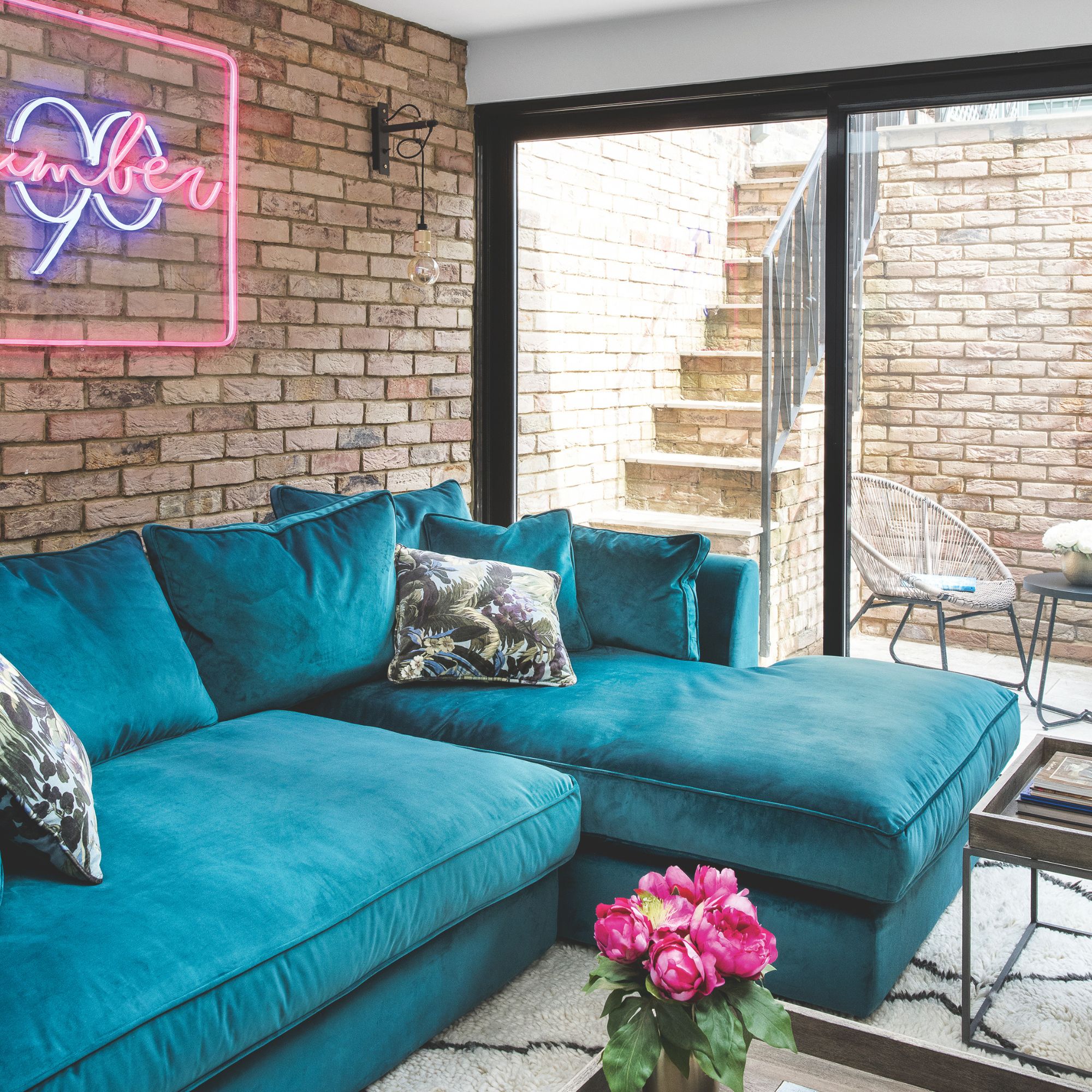
There are many things that can affect what a basement conversion costs, making it hard to give exact figures. That said, the experts we spoke were able to provide advice on how much to budget, taking into account your individual basement ideas.
'Basements are great way to unlock potential space, but are inherently expensive,' explains architect Tina Patel of Architect Your Home. 'Headline costs are based on a lot of factors making it tricky to say exactly how much they cost without a diligent overview of the project.'
'The average cost of a basement conversion is very broad – between £750 to £3,000 per sqm, depending on a few factors,' picks up Andy Simms of MyBuilder.com.
However, once you factor in everything from surveys, preparation and waterproofing to draining and finishing touches such as decoration and fitting out, costs are likely to be far higher than this.
Sign up to our newsletter for style inspiration, real homes, project and garden advice and shopping know-how
'You will be looking upwards of £6,000 per sqm,' advises Tina Patel.

Tina Patel is a RIBA-chartered architect and director at Architect Your Home, with over 15 years' experience helping families transform their homes through thoughtful, stress-free design. Having worked on over 200 projects, Tina is passionate about creating happy, harmonious homes that add real value to family life.

With over a decade of experience on the front line in construction as a multi-trader, Andy is uniquely placed in the construction industry to help bridge the gap between tradespeople and product managers with his role at MyBuilder.com.
Basement cost breakdown
- Lowering floor levels and reinforcing existing cellar: £1,700-£2,200/m2.
- Waterproofing: £100- £120 /m2 to waterproof walls and floors.
- Installing a lightwell/external access points: £6,000 - £10,000.
- Planning fees (in some cases): From £200.
- Building regs application: From £750.
- Party wall agreements (if needed): From £1,250.
What can affect the cost of converting a basement?
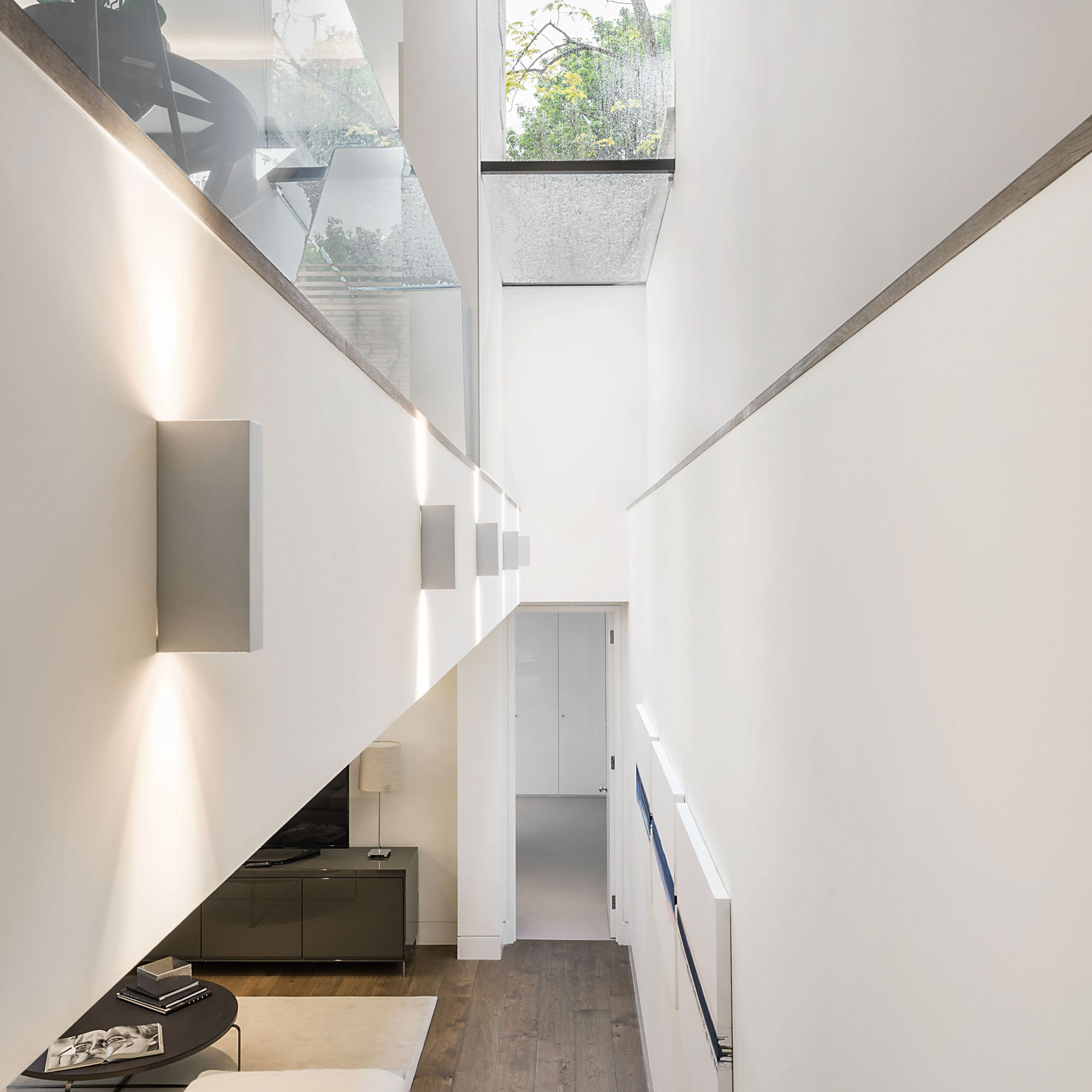
Just as when building an extension, in order to get a clearer idea of how much an individual basement conversion will cost, it is important to consider the factors that can influence this.
Location
The area in which you live will play a large part in your final costs.
'Central London basements will have additional costs involved with elements such as excavation and soil removal,' explains Tina Patel.
'Proximity to other buildings could also affect costs as it will impact the protective measures needed and potentially require a Party Wall Agreement.'
Waterproofing system
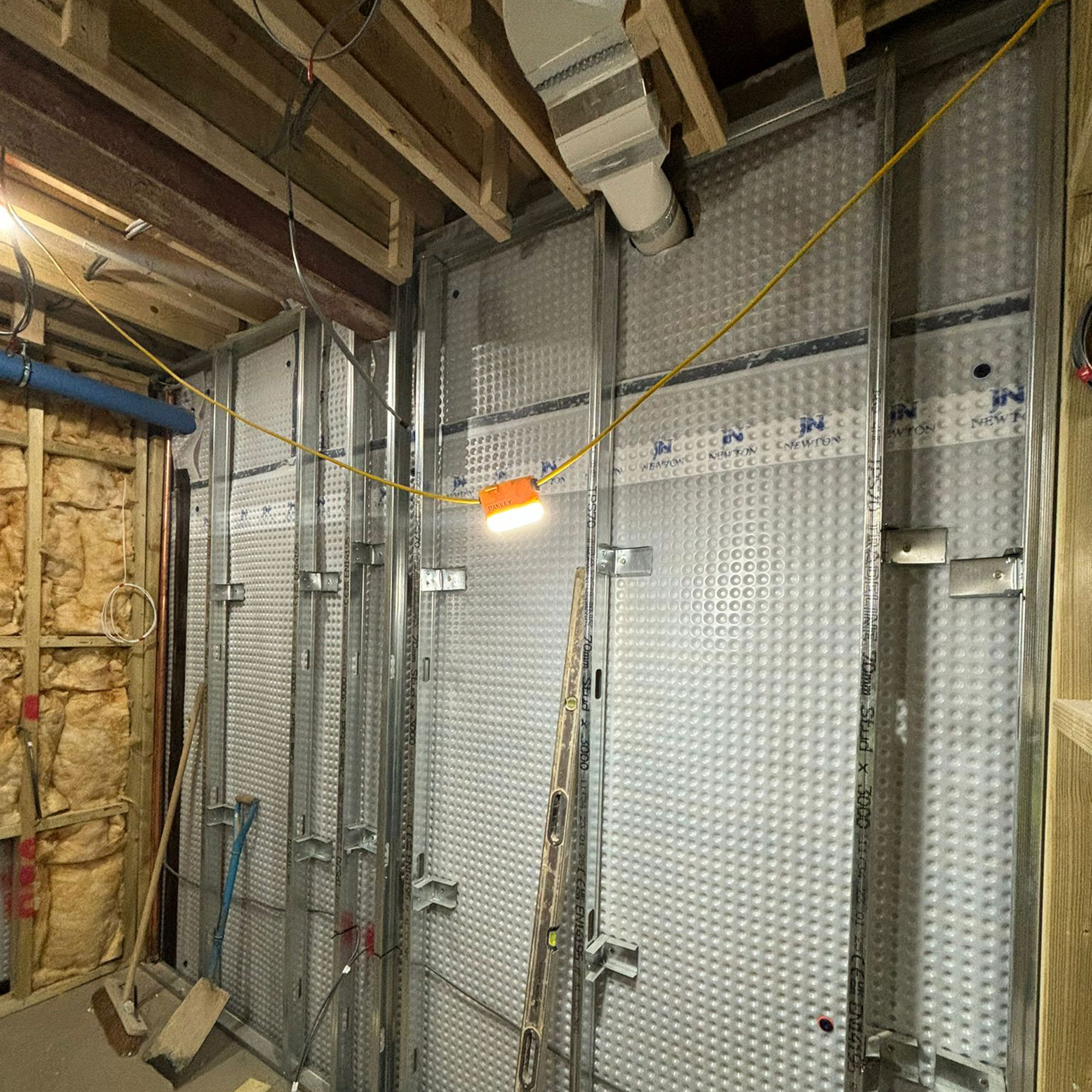
When it comes to how to waterproof a basement, there are several routes and the one you choose will certainly affect costs.
'Ensuring the correct waterproofing is in place for a new habitable space will mitigate any future risk of leaks and damp,' explains Andy Simms.
'The cost for this job is very broad, and can vary between £1,000 and £10,000, depending on factors such as the size of your basement, the material used, the method of waterproofing chosen, whether your tradesperson spots any previously unseen damage, and so on.'
'The type of waterproofing system used will need to be considered in relation to the local water table and what is needed from the space,' adds Tina Patel. This is a crucial step, and skipping it is one of the worst basement conversion mistakes you can make.
Basement type
The condition of your existing basement will have a role to play in conversion costs, but so too will whether or not you are dealing with an existing space or starting from scratch, excavating an entirely new subterranean level.
The intended use of the basement
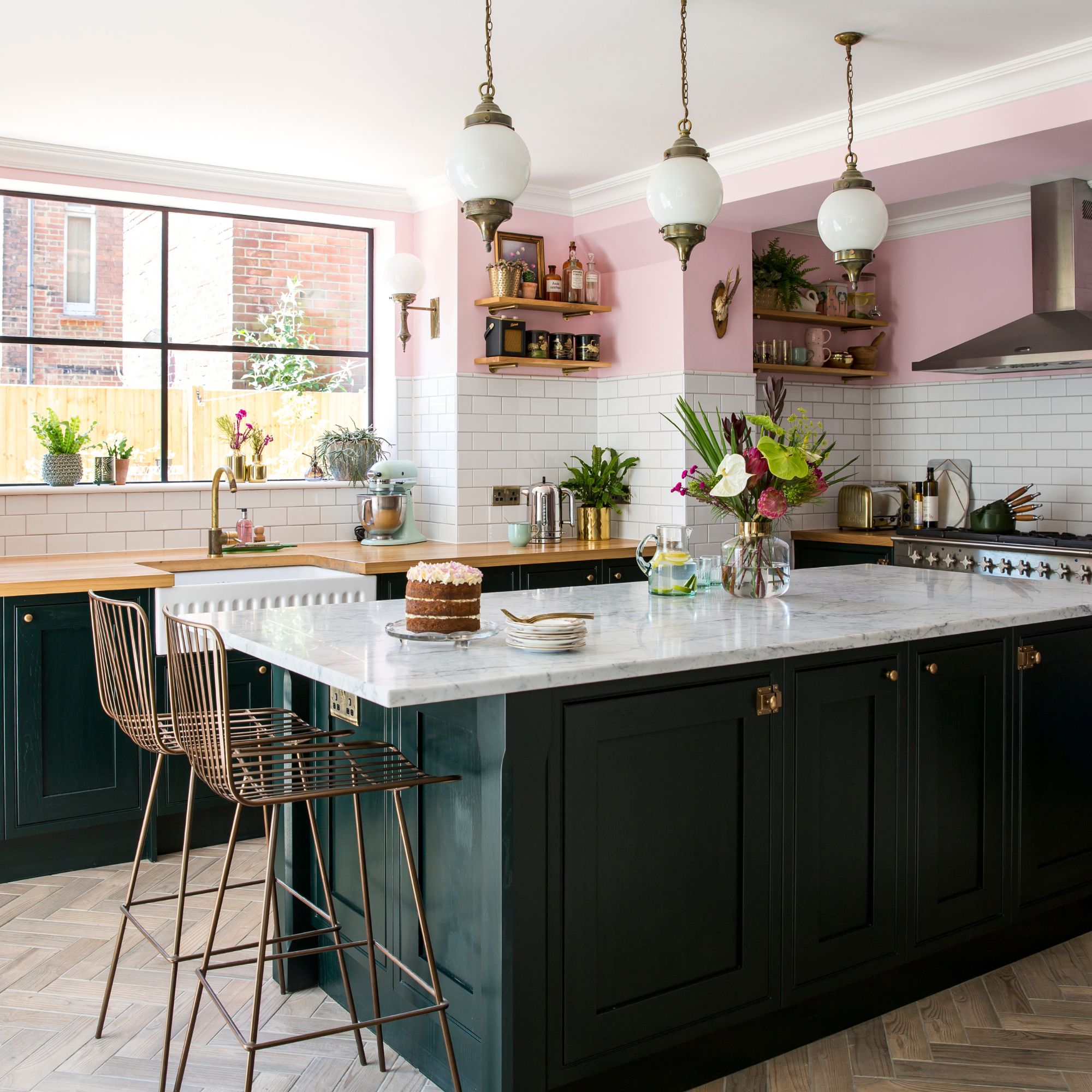
How you plan on using your newly converted space will also affect how much it costs you to complete.
'Using it as an extra bathroom or kitchen will require more work because of the materials and finishing required,' points out Andy Sims.
When using your basement as a kitchen, bathroom or even utility room, you will also need to give even more thought to basement ventilation.
What other factors will affect the cost of a basement conversion?
In addition to these strongly influential factors, there are other elements to a basement conversion that can push prices up. Even tasks such as applying for basement building regs approval will add to costs.
- Planning and regs fees: While planning permission often won't be required, in some cases it will and building regs approval will most certainly be needed.
- Surveys: In many cases, a structural report and site condition survey will be essential.
- Party Wall Agreement: If the walls of any neighbouring properties are affected by your conversion, you may need to appoint a party wall surveyor and have an agreement put in place.
- Services: While you will probably already have services such as water and gas running to your house, they will need to be extended into your basement, depending on its final intended usage. In some cases, the diversion of services might be required too. 'We have had instances where a disused large mains sewer was uncovered that was not on any records,' reveals Tina Patel. 'This couldn’t simply be diverted and utility providers had to get involved.'
- Fire escape provision: Depending on your home, you may need to budget in fire safety strategies. 'How you can safely leave a basement needs careful consideration and often will involve a misting system or fire curtains unless you can get safe access to the outside from within the space,' explains Tina Patel.
How much does it cost to convert a basement into a bedroom?
The intended use of your basement conversion will have a huge effect on your final costs. In the case of basement bedrooms, costs are likely to be lower than than for some other kinds of spaces, such as kitchens, where the provision of certain services and fit-outs will be required.
You are likely to be looking at the lower end of the price scale – between £750 - £1,400, although if the floor needs to be lowered or underpinning is required, these costs will obviously rise.
It is also worth considering that a basement bedroom will usually entail bathroom costs for the space to be practical.
How much does it cost to convert a basement into a kitchen
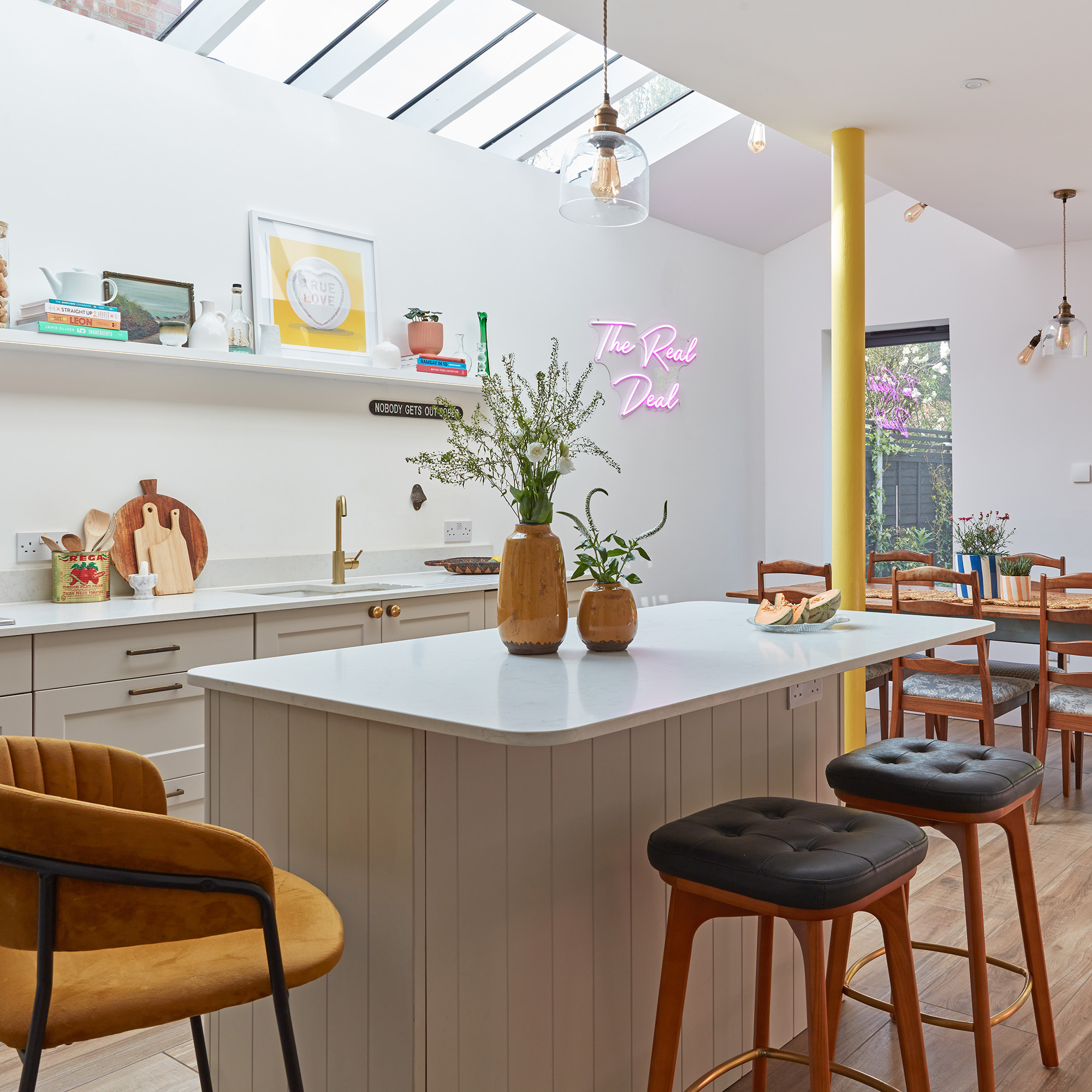
Creating a new kitchen within a basement conversion is a hugely popular project, particularly amongst owners of period properties, keen for an open plan kitchen that can open out onto a newly excavated terrace area.
That said, for all their benefits, kitchen basements are most certainly not cheap to create. Everything from natural light, to ventilation methods will see prices soar and that is before you even get into kitting the kitchen out with appliances and units.
If your basement floor requires digging out to ensure adequate headroom, you can expect costs of at least £3,750 per sq. m for the conversion alone. You will then need to add the cost of a new kitchen on top of this.
How much does it cost to excavate a new basement?
If you currently have no basement to convert but are considering creating a new space beneath your home, costs are going to be considerably higher.
Once again, it is difficult to give an exact figure here but you should expect costs of between £2,100-£4,000 per sq. m when underpinning and digging out a new basement.
Will a basement conversion add value?
If these costs have left you wondering whether a basement conversion is a good idea, you'll be pleased to learn that, done well, and in accordance with the building regulations, this is a project that can add considerable value to a property.
'With house prices becoming increasingly more expensive, moving home when you need space is not an option for many Brits,' points out Andy Simms. 'Because of this, many residents are converting their basement, giving their home more space at a reduced cost.'
Basement conversions typically add between 10%-20% to a house's value, depending on their location and the specification of the finished project.
FAQs
Is it cheaper to convert a loft or a basement?
As another way of adding space without extending, many homeowners are keen to compare the cost of loft conversions to basements.
Loft conversions cost from around £50,000 for a simple rooflight conversion, rising to around £70,000 for a mansard conversion.
In terms of cost per sq. m, loft conversions tend to work out much cheaper than basements which can average at about £100,000.
Looking for other methods of adding space to your home without extending? Sometimes, simply removing internal walls or bringing in more natural light is all that's needed.

Natasha has been writing about everything homes and interiors related for over 20 years and, in that time, has covered absolutely everything, from knocking down walls and digging up old floors to the latest kitchen and bathroom trends. As well as carrying out the role of Associate Content Editor for Homebuilding & Renovating for many years, she has completely renovated several old houses of her own on a DIY basis.